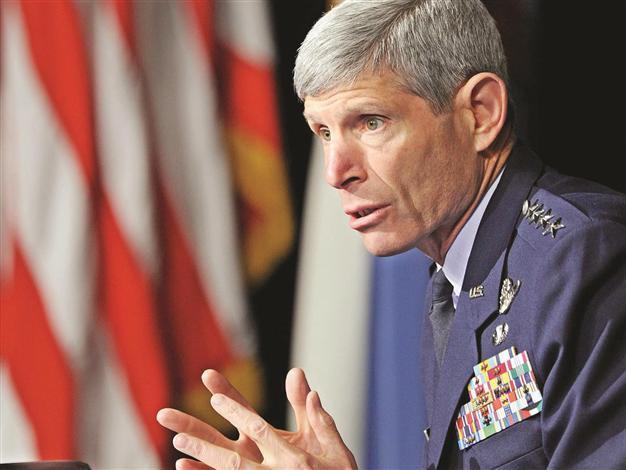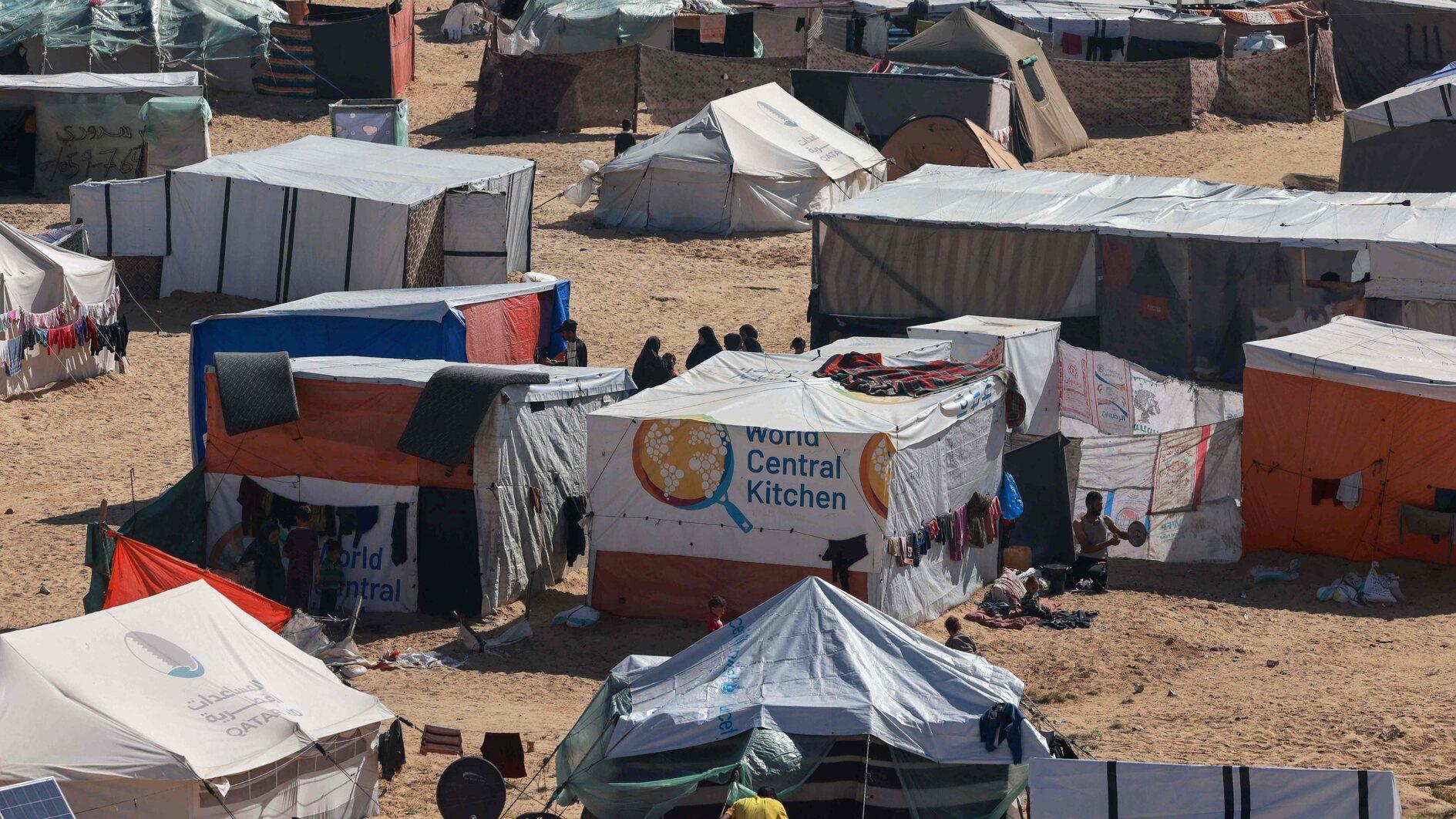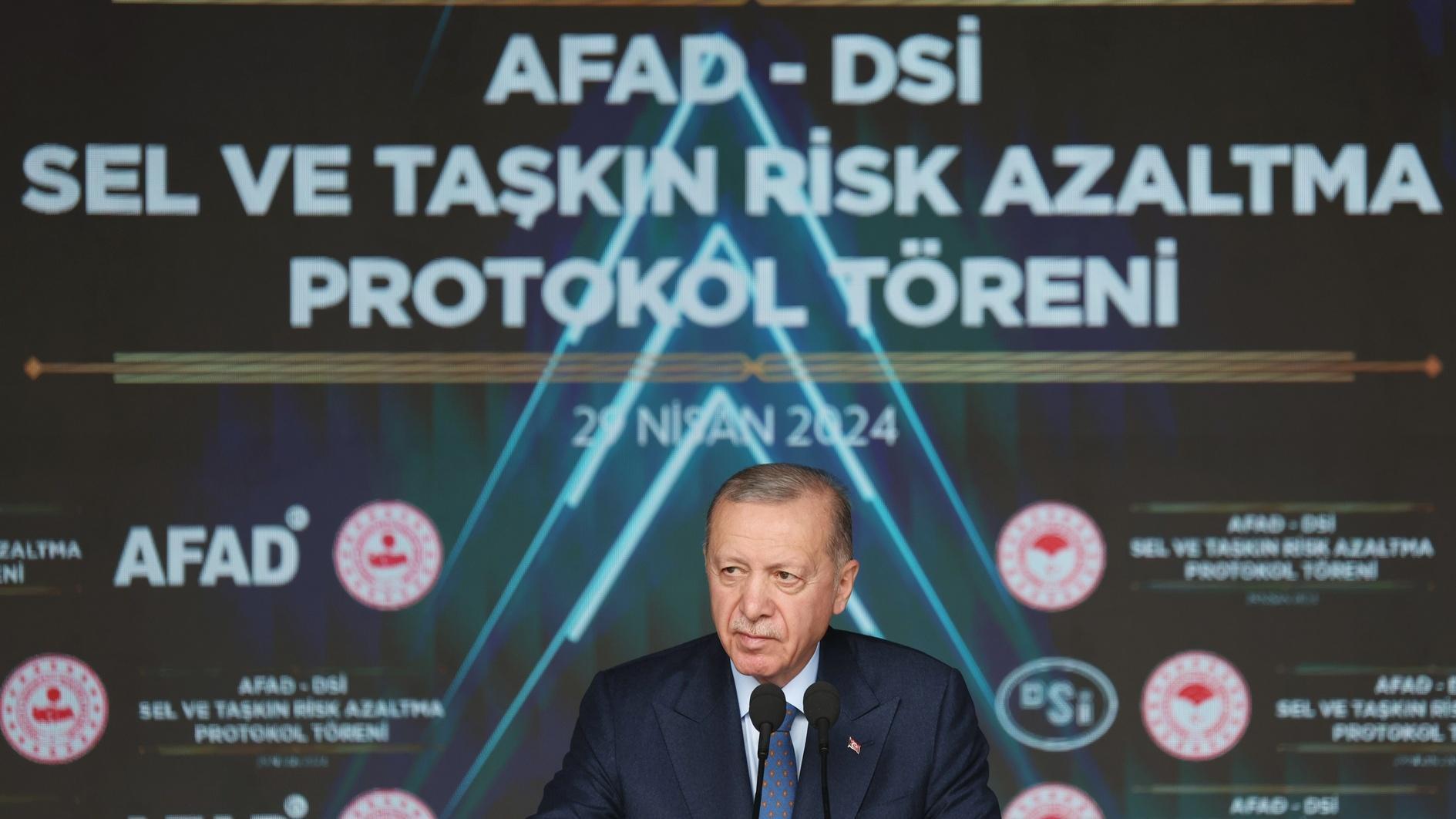US Air Force chief in Iran strike threat
WASHINGTON / BEIRUT

US General Norton Schwartz says the Obama administration has ‘prepared military options to strike Iranian nuclear sites in the event of a conflict.’ AFP photo
The White House warned any military action against Iran would create “greater instability” that could threaten the safety of Americans in Afghanistan and Iraq while U.S. Air Force Chief of Staff Gen. Norton Schwartz said the Obama administration has “prepared military options to strike Iranian nuclear sites in the event of a conflict.”“What we can do, you wouldn’t want to be in the area,” Schwartz told reporters. According to the Bloomberg news agency, Washington has begun escalating warnings the United States may join Israel should a strike against the Islamic republic’s nuclear facilities be deemed absolutely necessary.
Pentagon officials quoted by Bloomberg said among the military contingencies prepared are the option of providing aerial refueling for Israeli jets and mounting attacks against the Revolutionary Guard Corps and its elite Quds Force, regular Iranian military bases and the Ministry of Intelligence and Security.
However, the White House said “Any military action in that region threatens greater instability in the region.”
Iran “borders both Afghanistan and Iraq,” Agence France-Presse quoted White House spokesman Jay Carney Carney as saying during his daily press briefing. “We have civilian personnel in Iraq. We have military personnel as well as civilians in Afghanistan.” So far, the U.S. has no conclusive evidence the Iranians are building a nuclear weapon, he said.
Warning from Hezbollah
Statements came as Pentagon leaders met with Israel’s defense minister Feb. 29 to discuss the continuing tensions with Iran and Syria. Defense Secretary Leon Panetta hosted the session in his office with Ehud Barak and Gen. Martin Dempsey, the top U.S. military officer.
“We continue to ratchet up the pressure on Tehran,” Carney said. “And I think it’s important to note that, while Tehran does not and has not lived up to its international obligations [...] we do have visibility into their programs.”
Carney said the lack of evidence of Iranian nuclear weapons has given the U.S. the “time and latitude to continue the policy we have applied since the president took office.” The policy has focused on isolating Iran, such as through economic sanctions, until its government gives up its nuclear program.
Meanwhile, the deputy head of Lebanon’s Hezbollah movement said an Israeli attack on Iran’s nuclear program would set the Middle East ablaze.
“America knows that if there is a war on Iran, this means that the whole region will be set alight, with no limit to the fires,” Hezbollah deputy Sheikh Naim Qassem told Reuters. Qassem also said the movement’s fighters, estimated to number several thousand, were better trained and equipped to retaliate against Israel than in 2006, when Israel fought a month-long war in southern Lebanon. “Israel could start a war [...] but it does not know the scale of the consequences and it is incapable of controlling them.”
















